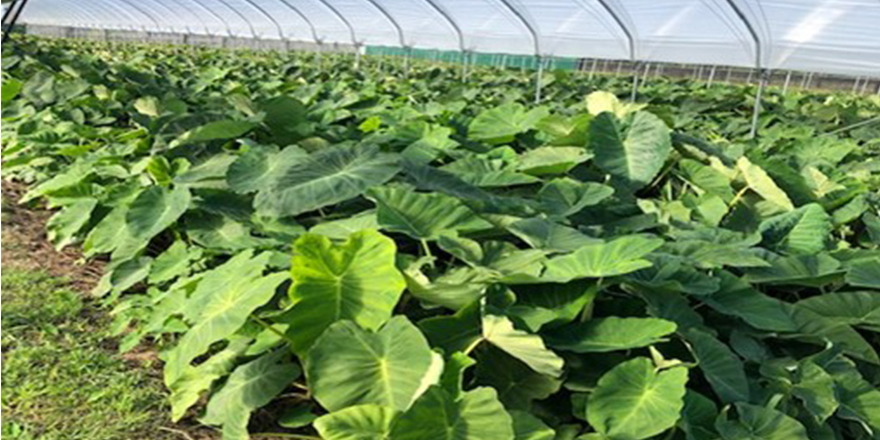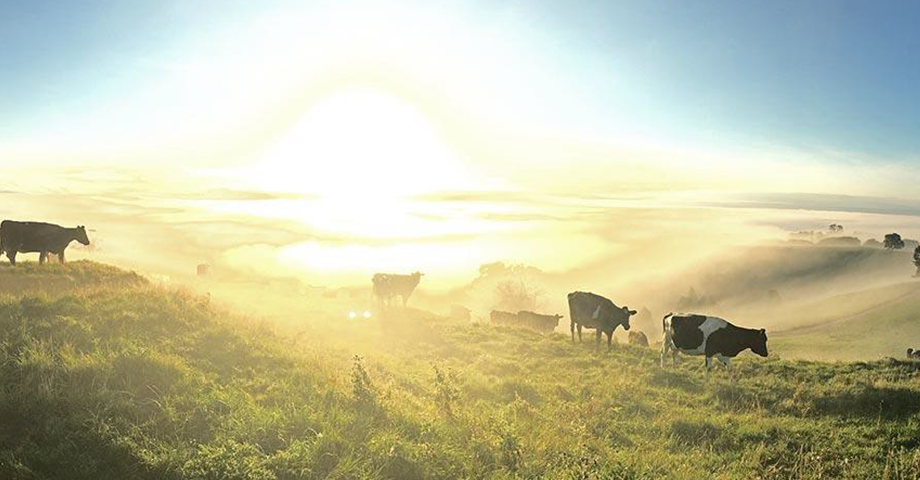
Executive summary
Aotearoa’s agricultural sector plays a key role in the nation’s economy and sustainable future. It is a key driver of the country’s future economic prosperity, with exports from it projected to reach $67 billion by 2030.
However, this prosperity faces significant challenges. Access to capital is constraining the sector’s sustainability, productivity, and transition to the next generation of farmers. Traditional funding models, heavily reliant on debt, no longer fit the needs of the next farming generation. The sector needs to adapt current funding models and explore innovative funding approaches that bridge this growing capital gap, forecast to reach between $110 billion and $125 billion by 2050.
This report investigates these. The findings and recommendations offer approaches to delivering patient capital models and assisting in the development of investable and highly productive farming businesses in the face of future challenges.
Methodology
This study explores the sector’s capital constraints, why the current model is no longer fit for purpose and alternative funding models through a literature review. It supplements this with a qualitative analysis of insights from 13 semi-structured interviews. These insights are synthesised using thematic analysis, compared against the literature review, and identified opportunities to support the sector’s next phase of growth.
Key Findings
Analysis of the key themes from the literature review and interviews found that:
- Current debt-reliant capital models are not fit for -purpose, particularly given the looming climate challenges and the productivity goals we want to achieve for better standards of living.
- Regulatory and structural challenges exist in current models that would benefit from adjustment, such as loosening capital holding requirements for Agri lending and restrictiveness on foreign direct investment.
- Alternative sources of debt and capital are important to assist with the investments required.
- It is important that this capital does not just simply funnel into corporate models as it has in the past. These entities often underperform compared to the traditional owneroperator due to lack of the “love” differential, which is a key driver of profit.
- A hybrid ‘owner-occupier/corporate model’ may be a solution that retains the characteristics of individual ownership and ‘boots on the ground’ while adopting some of the processes, disciplines and financial acumen typical of larger corporate structures. This makes the placement of different forms of capital more viable while maintaining a profitable hands on approach.
- Farmers entering this model would likely need support to build deeper commercial acumen to develop bankable/investable opportunities.
- Advisors have a key role to play in this to support farmers, potentially alongside industry bodies exploring a start-up incubation-type approach.
Recommendations
For Policy Makers:
- Review capital holding regulations requiring the main banks to hold more capital on Agri loans.
- Review current Overseas Investment Office regulations that governs Foreign Direct Investment to make New Zealand less restrictive on foreign capital investment flows, focusing on greater economic benefits while protecting our unique values and world view including that of whenua Māori and Te ao Māori.
For Lenders:
- Explore alternative working capital models
- Utilise sustainable lending as a tool to incentivise all environmental improvements, not just as a tool for new lending
For Processor Partners:
- Explore the provision of working capital support to assist new entrants into the market hedged by future production.
For industry bodies:
- Explore expanding advisory support and training for growth-oriented new farmers; cross-pollination between the entrepreneurial start-up sector and models like incubation and acceleration to support entities to be “capital-ready” and innovation-led
- Support and expand on initiatives like the Dairy Graduate Programme
For Institutional Investors & Private Capital:
- Develop an Agri-investment strategy
- Collaborate with key industry advisory players to explore a model that provides a vehicle to invest in smaller transaction sizes to reduce the risk of corporate nonperformance and diversify portfolio
For Farm & Agri Advisors
- Further develop the financial advisory aspect of your practice to support farming businesses in developing their business acumen.
- Support farmers to develop an ‘Owner Operator/Corporate hybrid model’
For agritech entrepreneurs
- Explore opportunities in the development of agritech/fintech solutions both in the data aggregation space for credit and risk management as well as in retail investment models into agriculture
For Farmers:
- Develop a clear view of your goals & vision and where different forms of capital fit within this; the same model won’t fit all
- Be open to exploring different capital models to assist you in reaching your goals
- Consider exploring an ‘Owner Operator/Corporate hybrid model’ with external investment partners
- Grow your understanding of your financial and risk profile
- Work with trusted advisors on developing your farming business model and building business acumen to be able to present this to potential partners, lenders and investors.
Chloe Walker




